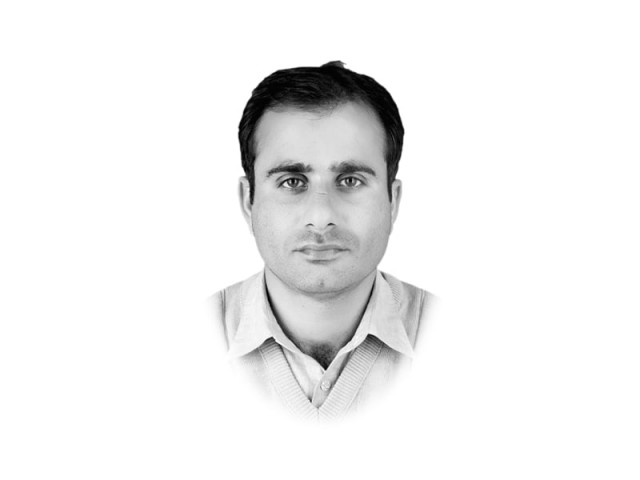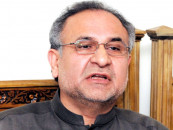Preventing academic dishonesty
There is no doubt that plagiarism continues to plague the local academia.

Surprisingly, people involved in this practice are usually from higher academic echelons, who publish their ‘work’ in local and international journals. In Pakistan, it is a usual practice that a senior teacher or supervisor asks students to work on some idea and later publishes it with his name without giving any reference to original authors. Last year, a book was published under the name of an author, a senior teacher, but it was a mere compilation of articles written by his students as research papers for their assignments. Most interestingly, the book got published under the banner of the Higher Education Commission (HEC) and the scholars who reviewed the book were friends of the ‘author’.
Another type of plagiarism is committed through dishonest means of data collection where a researcher does not go in the field and fills up the data or survey through secondhand sources. As a result, this seriously puts the quality and status of the whole research to question.
According to the HEC, about 148 plagiarism cases have been reported out of which 16 are under process and 132 are now closed.
There are several reasons for the rise of plagiarism in Pakistan. As per prevailing policy in varsities, there should be at least 10 publications to an assistant professor’s credit and four to five years of teaching experience for his promotion to the post of associate professor, but in reality this is impossible given the setup at Pakistani campuses. This puts teachers in the race to get their research papers published and many turn to poorly reputed journals.
Besides, there is a need to put a bar on the opening of departments which only comprise of scholars who are not approved by the HEC. The HEC needs to revamp the plagiarism policy with stricter measures. The HEC also needs to establish a body of independent evaluators who function discreetly and are staffed with academics from foreign varsities.
Published in The Express Tribune, January 31st, 2014.



1724319076-0/Untitled-design-(5)1724319076-0-208x130.webp)















COMMENTS
Comments are moderated and generally will be posted if they are on-topic and not abusive.
For more information, please see our Comments FAQ